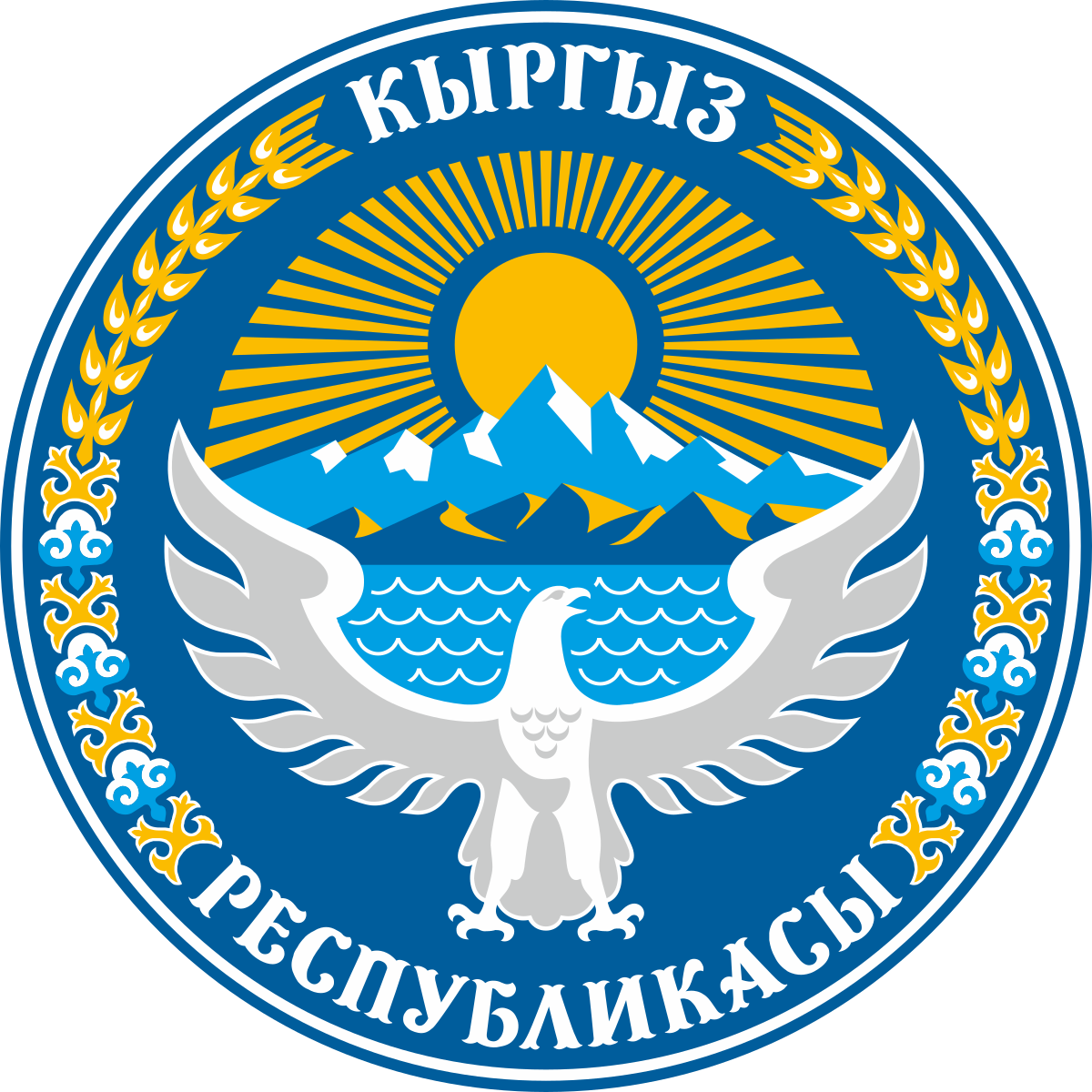A Central Asian country of incredible natural beauty and proud nomadic traditions, most of the territory of present-day Kyrgyzstan was formally annexed to the Russian Empire in 1876. The Kyrgyz staged a major revolt against the Tsarist Empire in 1916 in which almost one-sixth of the Kyrgyz population was killed. Kyrgyzstan became a Soviet republic in 1936 and achieved independence in 1991 when the USSR dissolved. Nationwide demonstrations in the spring of 2005 resulted in the ouster of President Askar AKAEV, who had run the country since 1990. Former Prime Minister Kurmanbek BAKIEV overwhelmingly won the presidential election in the summer of 2005. Over the next few years, he manipulated the parliament to accrue new powers for the presidency. In July 2009, after months of harassment against his opponents and media critics, BAKIEV won reelection in a presidential campaign that the international community deemed flawed. In April 2010, violent protests in Bishkek led to the collapse of the BAKIEV regime and his eventual flight to Minsk, Belarus. His successor, Roza OTUNBAEVA, served as transitional president until Almazbek ATAMBAEV was inaugurated in December 2011, marking the first peaceful transfer of presidential power in independent Kyrgyzstan's history. Continuing concerns include: the trajectory of democratization, endemic corruption, poor interethnic relations, border security vulnerabilities, and potential terrorist threats.
Under the 2010 Constitution, ATAMBAEV is limited to one term, which will end in 2017. Constitutional amendments passed in a referendum in December 2016 include language that transfers some presidential powers to the prime minister. Disagreement over the constitutional amendments compelled ATAMBAEV’s ruling Social Democratic Party of Kyrgyzstan to dissolve and create a new majority coalition in the Jogorku Kengesh that excluded opposition parties critical of the amendments.
Kyrgyzstan is a parliamentary republic.
Source: CIA World Factbook
Members:
Resources
Displaying 31 - 35 of 85Ministerial Decree No. 49 validating the Regulation on state registration of rights and encumbrances to immovable property and transactions therewith.
This Ministerial Decree establishes the rules for state registration of rights and encumbrances to immovable property and transactions therewith. The following rights and encumbrances shall be subject to mandatory state registration: (a) ownership; (b) tenancy; (c) mortgage and encumbrances originating therefrom; (d) lease and sub-lease for the period of three years and over; (e) servitude; (f) use restrictions; (g) court decisions; (h) nature management activities listed by the Government; and (i) open-ended land tenure.
Law No. 145 “On attribution of special status to border areas”.
The scope of this Law shall be to ensure better living conditions of the population in border areas. Priority activity of state bodies and local self-government in border areas with special status shall be: (a) land reclamation; (b) conservation and rational management of natural resources; and (c) prevention of natural disasters and mitigation of the consequences thereof.
Law No. 120 amending Law No. 4 on administration of agricultural land.
The Law shall be amended by substitution of the wording “Agricultural Land Re-distribution Fund” with the wording “State Fund of Agricultural Land”.
Amends: Law No. 4 on administration of agricultural land. (2000-12-18)
Ministerial Decree No. 704 validating the National classifier of pesticides and agrochemicals authorized for application in Kyrgyzstan for the period of 2011-2019.
This Ministerial Decree validates the National classifier of pesticides and agrochemicals authorized for application in Kyrgyzstan for the period of 2011-2019.
Law No. 224 Technical Regulation “On radiation safety”.
This Law shall be applicable for protection of human life, health and environment against hazardous impact of ionizing radiation and establishes requirements for ensuring radiation safety. It shall be applicable to all processes that cause risks of ionizing radiation of human beings. It contains calculation formula for radiation safety levels.


